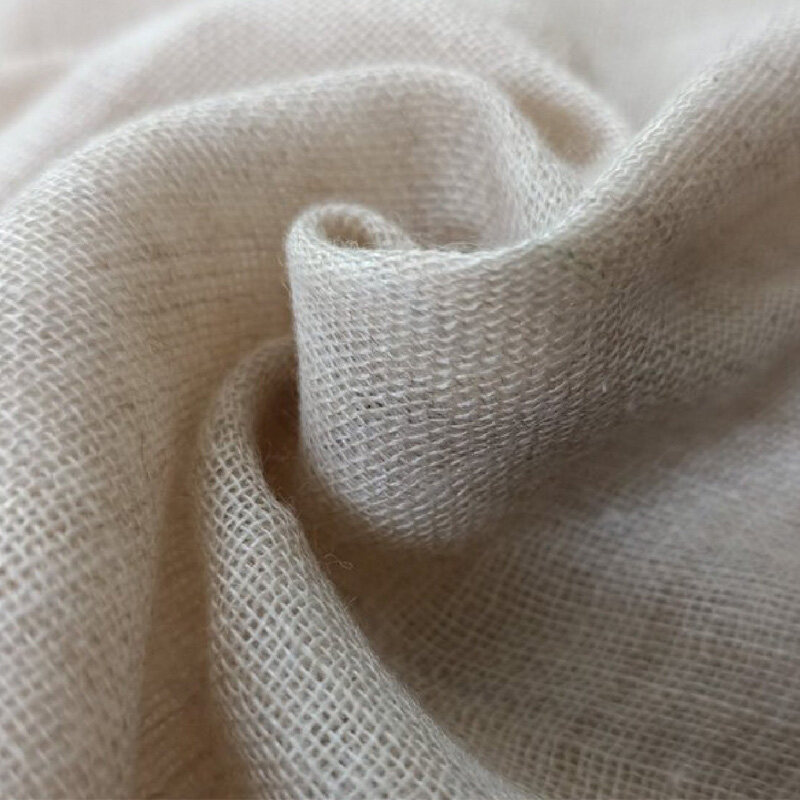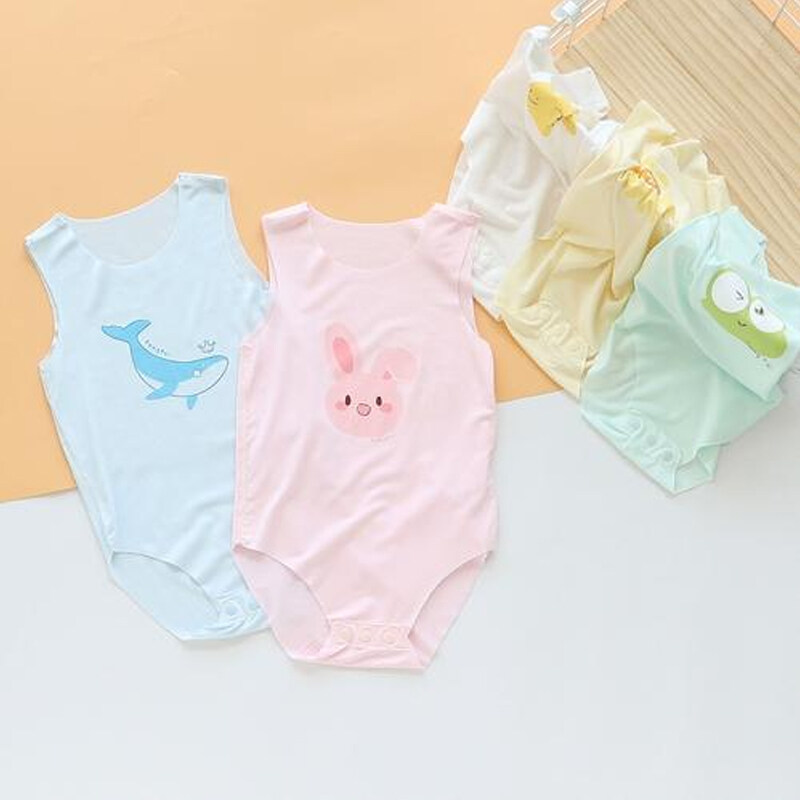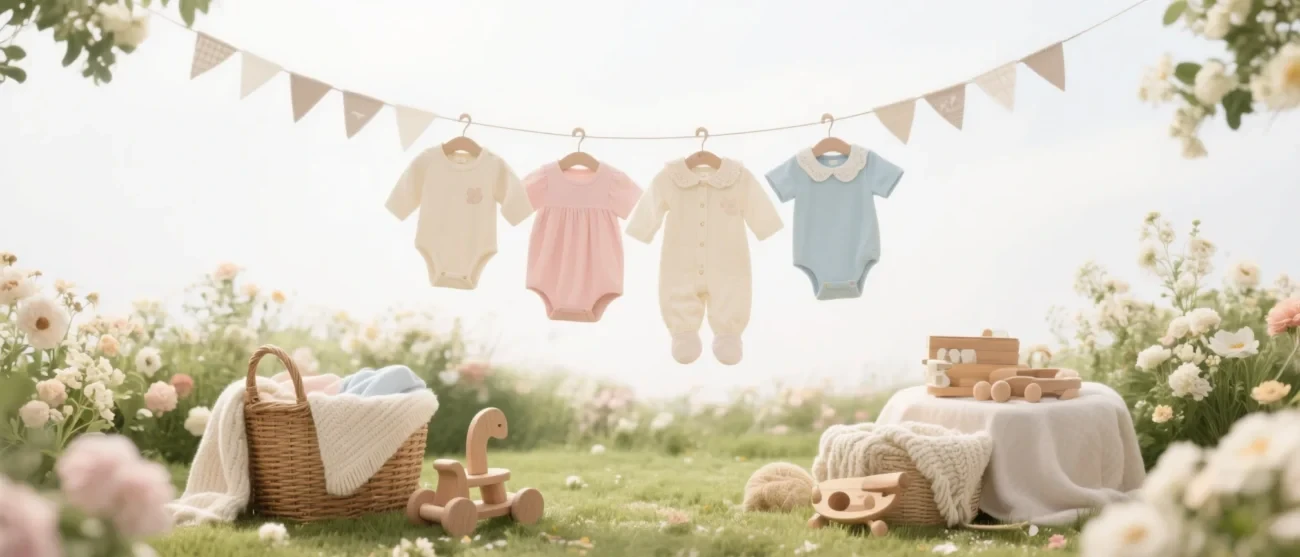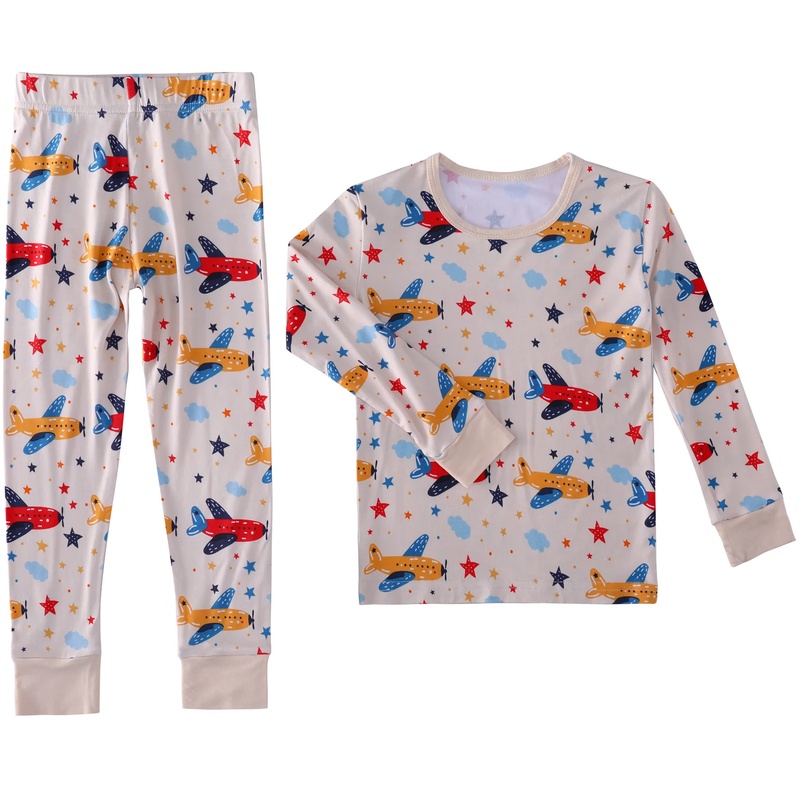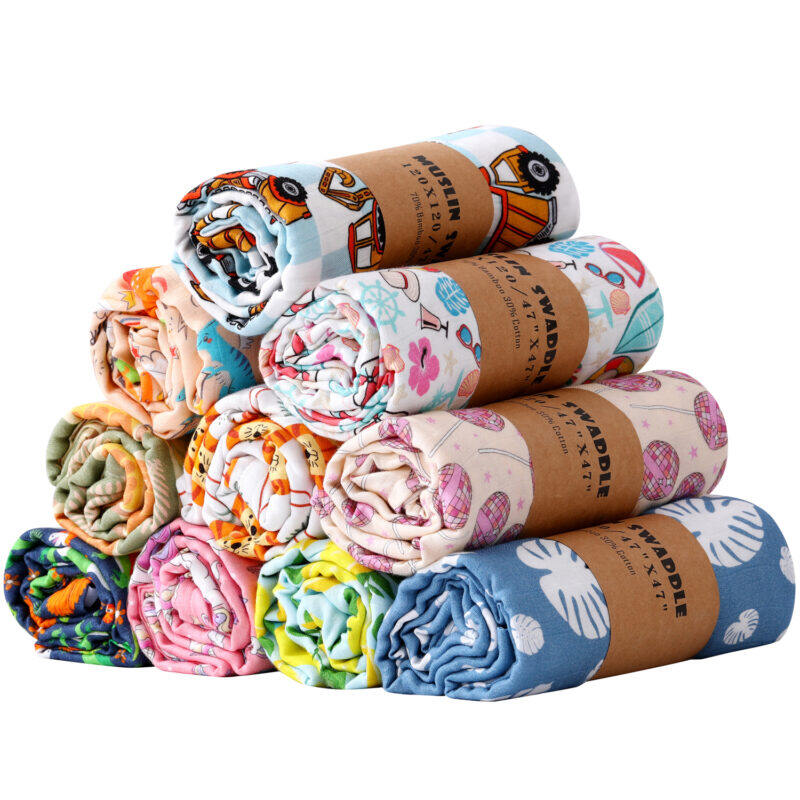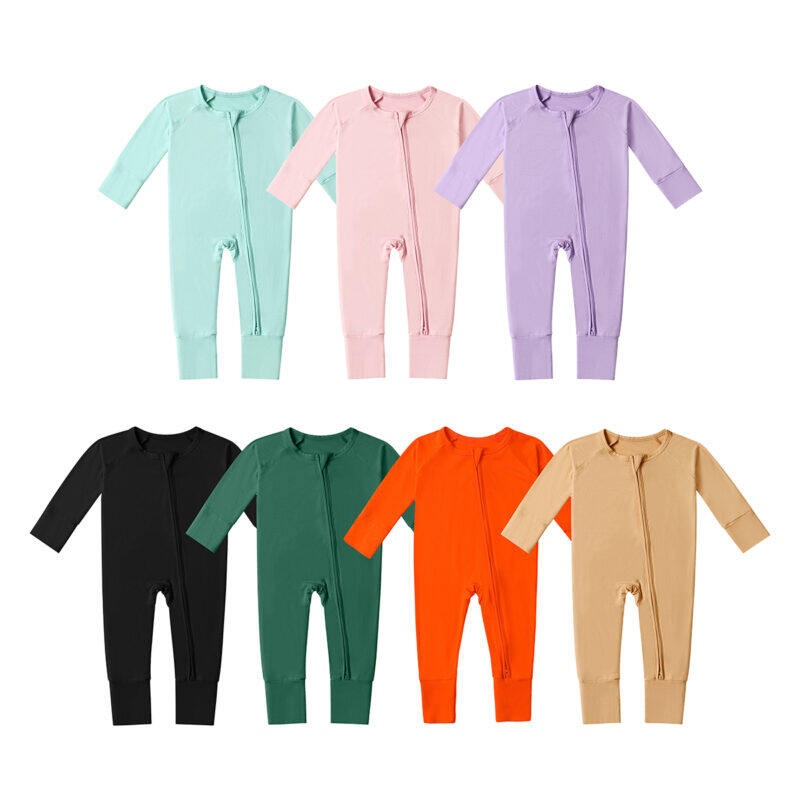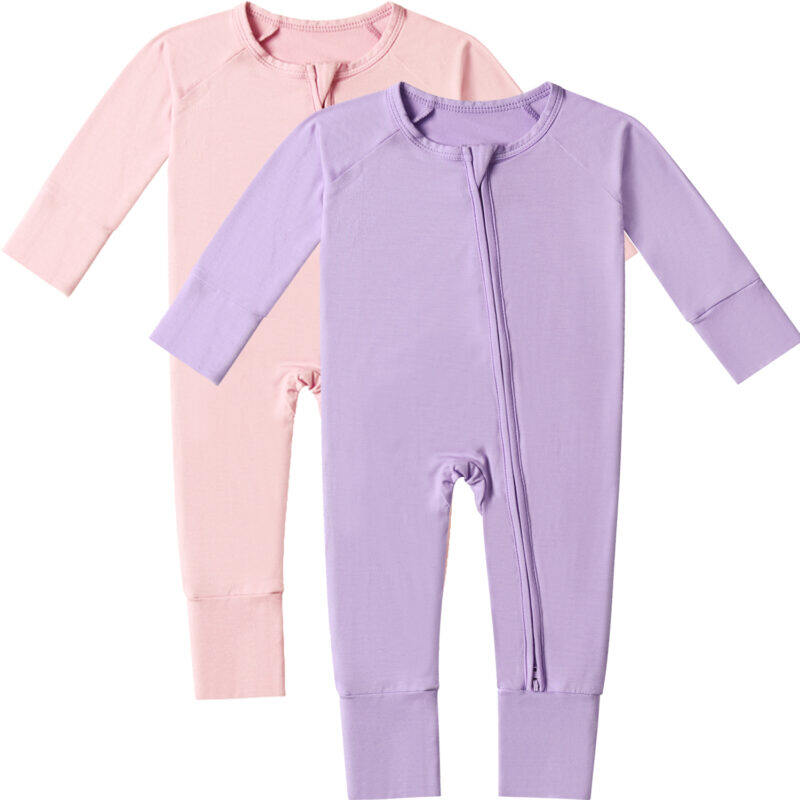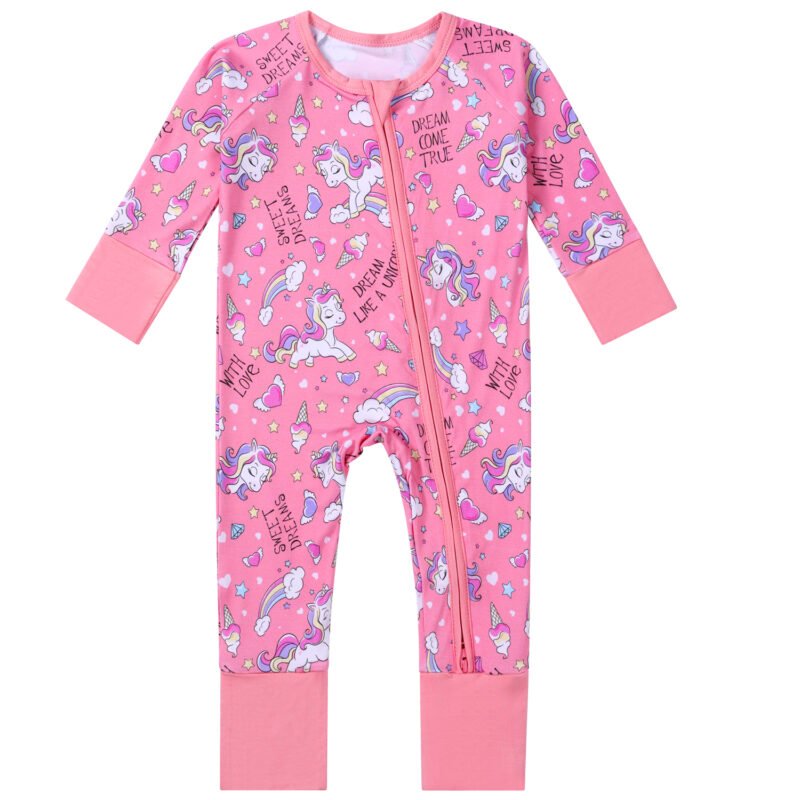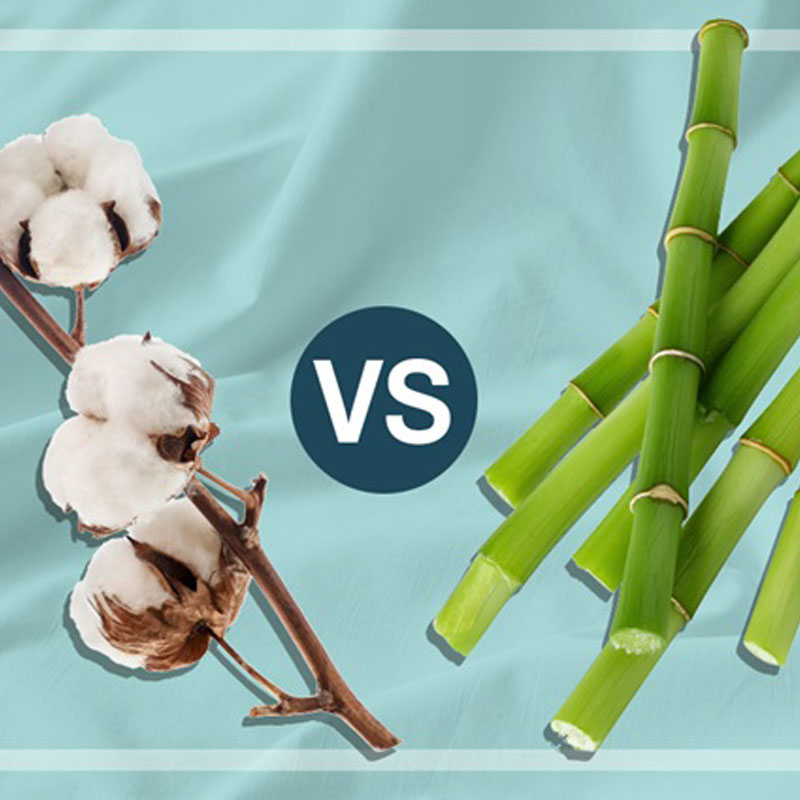Bamboo vs. Polyester: Choosing the Best for Sleeping Bags and Blankets

Creating a cozy sleep environment goes beyond just your mattress or pillow—your choice of sleeping bag or blanket plays a huge role in how well you rest. Whether you’re preparing for outdoor adventures, cozy nights at home, or ensuring your little one sleeps comfortably, bamboo and polyester are two popular fabric choices. Each has unique benefits, but they impact sleep quality in very different ways.
Below, we’ll explore bamboo vs. polyester for sleeping bags and blankets, highlighting the advantages and drawbacks so you can choose the fabric that best fits your needs.
What Is Bamboo Fabric?
Bamboo fabric is derived from the bamboo plant, often processed into bamboo viscose or bamboo lyocell. The result is a luxuriously soft, breathable, and eco-friendly fabric. When used in sleeping bags and blankets, bamboo creates a lightweight yet insulating material that feels gentle against the skin.
Key Benefits of Bamboo Fabric for Sleep Products:
- Naturally breathable for temperature regulation
- Moisture-wicking, keeping you cool and dry
- Hypoallergenic, ideal for sensitive skin or allergies
- Incredibly soft and silky to the touch
- Sustainable and environmentally friendly
What Is Polyester Fabric?
Polyester is a synthetic fiber made through a chemical process involving petroleum-based components. It is widely used in blankets and sleeping bags because of its affordability, durability, and easy maintenance.
Key Benefits of Polyester Fabric for Sleep Products:
- Budget-friendly and widely available
- Wrinkle-resistant and quick-drying
- Strong and durable over time
- Low maintenance and easy to wash
However, polyester lacks the natural softness and breathability of bamboo, which can impact overall sleep quality.
Bamboo vs. Polyester: Comfort and Sleep Quality
Bamboo:
Bamboo fabric is incredibly soft and smooth, making sleeping bags and blankets feel luxurious. Its breathability ensures temperature regulation, so you stay cool in summer and warm in winter. The hypoallergenic properties also reduce irritation for those with sensitive skin.
Polyester:
While durable, polyester is less breathable and tends to trap heat and moisture. This can create discomfort for hot sleepers or people prone to night sweats. Even microfiber polyester, though softer, cannot match bamboo’s natural cooling properties.
Allergies and Sensitivities
- Bamboo: Naturally hypoallergenic, bamboo helps block dust mites and bacteria, creating a cleaner sleep environment. Perfect for babies, children, or anyone with asthma, eczema, or sensitive skin.
- Polyester: May cause irritation due to chemical residues or its tendency to trap allergens. Sensitive sleepers might experience skin rashes or respiratory discomfort.
Environmental Impact
- Bamboo: A sustainable resource, bamboo grows quickly without pesticides or excessive water. Bamboo lyocell, in particular, is produced using a closed-loop system that recycles nearly all water and solvents. Choosing bamboo sleeping bags and blankets means choosing a greener lifestyle.
- Polyester: Made from non-renewable fossil fuels, polyester production contributes to greenhouse gas emissions. It is not biodegradable and has a higher environmental impact compared to bamboo.
Durability and Maintenance
- Bamboo: With proper care (gentle wash, low heat drying), bamboo blankets and sleeping bags retain their softness and strength for years. They resist odors naturally, meaning less frequent washes are needed.
- Polyester: Very durable and easy to wash frequently without shrinking, but over time, polyester can pill, lose softness, and cling to other fabrics.
Which Should You Choose?
If you value comfort, breathability, and sustainability, bamboo sleeping bags and blankets are the superior choice. They offer a cooler, softer, and healthier sleep experience, especially for families and sensitive sleepers.
Polyester is a practical option if you’re looking for something budget-friendly and low maintenance, but it sacrifices breathability and comfort.
For long-term value and wellness, bamboo is the fabric that truly enhances sleep quality.
Frequently Asked Questions (FAQ)
1. Are bamboo sleeping bags and blankets safe for babies?
Yes! Bamboo fabric is hypoallergenic, breathable, and gentle, making it an excellent choice for infants and children.
2. Do bamboo blankets keep you warm enough in winter?
Absolutely. Bamboo regulates temperature naturally—cool in summer, warm in winter—so it’s suitable year-round.
3. How should I wash bamboo sleeping bags or blankets?
Machine wash in cold or lukewarm water with mild detergent. Avoid bleach and use low heat drying or air dry to preserve softness.
4. Does bamboo fabric last longer than polyester?
Bamboo retains its softness and integrity for years when cared for properly. Polyester is also durable but may lose softness and pill over time.
5. Which is more eco-friendly, bamboo or polyester?
Bamboo is far more eco-friendly, as it grows rapidly without pesticides and is biodegradable. Polyester is petroleum-based and non-biodegradable.











